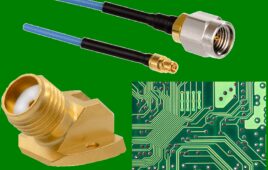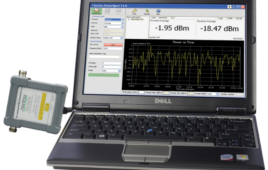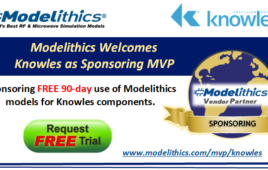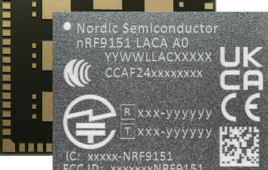 Perhaps you haven’t heard the term “Intelligent Systems” yet? Nevertheless I can guarantee that you use at least one Intelligent System device on a regular basis. Any technological device that is able to autonomously communicate to another device as well as access the Internet is an Intelligent System. These devices include the obvious examples of smartphones and GPS navigation systems, but they also include devices and systems such as telemedicine and other medical devices, smart vehicles, smart energy grids, and home automation and security systems.
Perhaps you haven’t heard the term “Intelligent Systems” yet? Nevertheless I can guarantee that you use at least one Intelligent System device on a regular basis. Any technological device that is able to autonomously communicate to another device as well as access the Internet is an Intelligent System. These devices include the obvious examples of smartphones and GPS navigation systems, but they also include devices and systems such as telemedicine and other medical devices, smart vehicles, smart energy grids, and home automation and security systems.
The Object Management Group (OMG®) is an international, open membership, not-for-profit computer industry standards consortium. Founded in 1989, OMG standards are driven by vendors, end-users, academic institutions and government agencies. OMG Task Forces develop enterprise integration standards for a wide range of technologies and an even wider range of industries.
Adopted by OMG in 2006, the Data Distribution Service (DDS) middleware standard is being widely and increasingly used in Intelligent Systems. DDS enables scalable, real-time, dependable, transactional, high performance, and interoperable data exchanges between publishers and subscribers. To date, most used in the military and aerospace industries where it was first adopted, DDS’s flexible nature has allowed it to easily find a place across multiple vertical markets: mobile technology, transportation, financial services, and healthcare. Systems that use DDS are not only able to communicate independently of each other (thus eliminating the risk of being knocked “offline” by-or depending too greatly on-another system), but they automatically know how to send and receive messages from other DDS devices without being pre-enabled to do so.
OMG member- Twin Oaks Computing, Inc.-recently released a whitepaper demonstrating how DDS could be used with the Android operating system. The paper acknowledges that most Android developers today build their apps without middleware as early apps did not communicate off of Android devices. Now that Android has taken a larger part of the market, developers want to adapt their existing apps to the Android operating system: a project that can prove to be very costly and time-consuming! Using Communications Middleware, such as DDS, will not only enable portability across different operating systems, it will also simplify the resulting app’s code, all the while dramatically reducing system complexity.
DDS also reduces development, administrative, and maintenance costs of smartphone apps. Instead of completely rebuilding an app when updates need to be added, DDS can be used to simply integrate the update to the existing system. DDS also allows publishers and subscribers to be either added or subtracted without altering the overall system.
The Android operating system is, of course, only one example of how DDS can be used by Intelligent Systems: Real-Time Innovations, another OMG member, demonstrated in a case study how the City of Tokyo Metropolitan Highway Line system used DDS to connect a central information-control center with hundreds of information kiosks and displays scattered along the highway. The control center passes information to the kiosks which give drivers information on traffic conditions, projected arrival times, alternate routes, and enforcement points where traffic is being redirected or controlled due to obstructions in the roadways caused by construction or accidents.
DDS is truly limitless; it can be integrated into a home security system that allows homeowners to turn lights on and off at specific times; home meters that can determine exactly how much energy a house is using and send this data to the utilities company; or as OMG member, Prismtech, demonstrated in a recent presentation: into medical devices that will connect healthcare staff and patients in diverse geographical locations. This includes home-used devices that transmit medical data to healthcare providers’ offices, and technically advanced scanning and treating devices where data is logged and transmitted.
In order to help the industry reach its full potential using DDS, in the coming months OMG will become more involved with the Industrial Internet: an emerging trend that refers to the integration of big data, the “Internet of Things”, machine-to-machine communications and cyber-physical systems. With the increased use of Intelligent Systems and the Industrial Internet in our daily lives, there may come a time when every automated system you touch will integrate the DDS standard.
To read the full case studies discussed or to download the DDS specification for free, visit www.omg.org/hot-topics/dds.htm.
Author Bio:
As Chairman and CEO of OMG, Dr. Richard Soley is ultimately responsible for all of the business of the OMG, including Board of Director activities and oversight of the OMG’s neutral and open Technical Adoption Process. Dr. Soley serves as a valuable resource for a broad range of topics ranging from predictions and trends in the industry to the details of the consortium’s specifications including the Data Distribution Services (DDS), the Common Object Request Broker Architecture (CORBA) and the Unified Modeling Language (UML).




